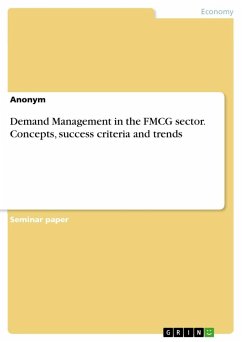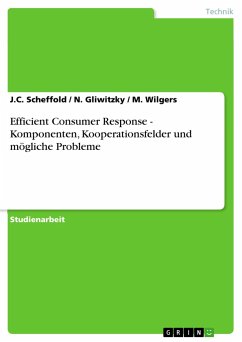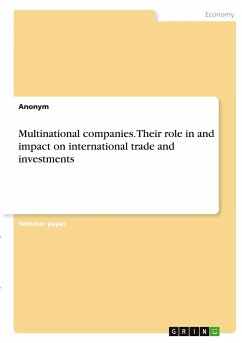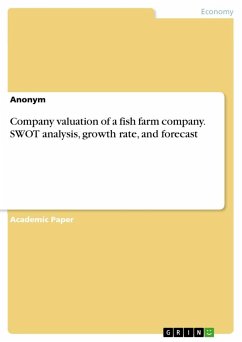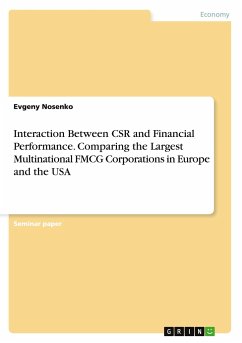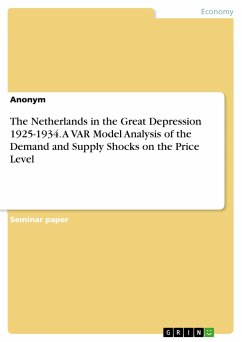Seminar paper from the year 2020 in the subject Business economics - Miscellaneous, grade: 1,3, Hochschule Ostwestfalen-Lippe - University of Applied Sciences, course: Demand Management, language: English, abstract: The main objective of this scientific paper is to define the complete Demand Management process along the supply chain. It is to be shown with which concepts the consumer goods industry can overcome the challenges. Success criteria should show how companies can measure their Demand Management performance and how they can get an edge over their competitors if they successfully implement a sustainable Demand Management process.The scientific paper thesis contains four chapters. At the beginning of chapter two, key terms and the relation between demand and supply is explained. Based on a fictive Supply Chain the different types of demands and capacities are defined and concepts are given on how to handle them. Then the important role and calculation methods of the forecast are presented. The chapter ends with forecast accuracy measures.In the third chapter, the theoretical approaches of the second chapter will be applied to the FMCG sector. After defining FMCG and its demand characteristics, concepts of Demand Management like Sales and Operation Planning or Efficient Customer Response are explained. At the end of this chapter, success criteria will be defined before showing how FMCG trends are affecting Demand Management.In the last chapter, the key findings of this paper are summarized. The paper ends with a conclusion and an outlook, where further significant research needs are addressed.High customer expectations, growing competitive pressure and shortage of resources throughout the supply chain describe the environment of the FMCG industry. Companies are forced to permanently increase their efficiency and effectiveness in all functional areas to stay competitive.The increasing complexity of supply chains makes it very difficult to forecast customer demand. In today's markets, it is nearly impossible to anticipate market volatility and to quickly react to it if companies don't implement modern methods or tools of Demand Management. Inaccurate estimation of demand can result in overproduction or in too long lead times that might cause a loss of business. Both scenarios can have a major negative impact on companies' success.

